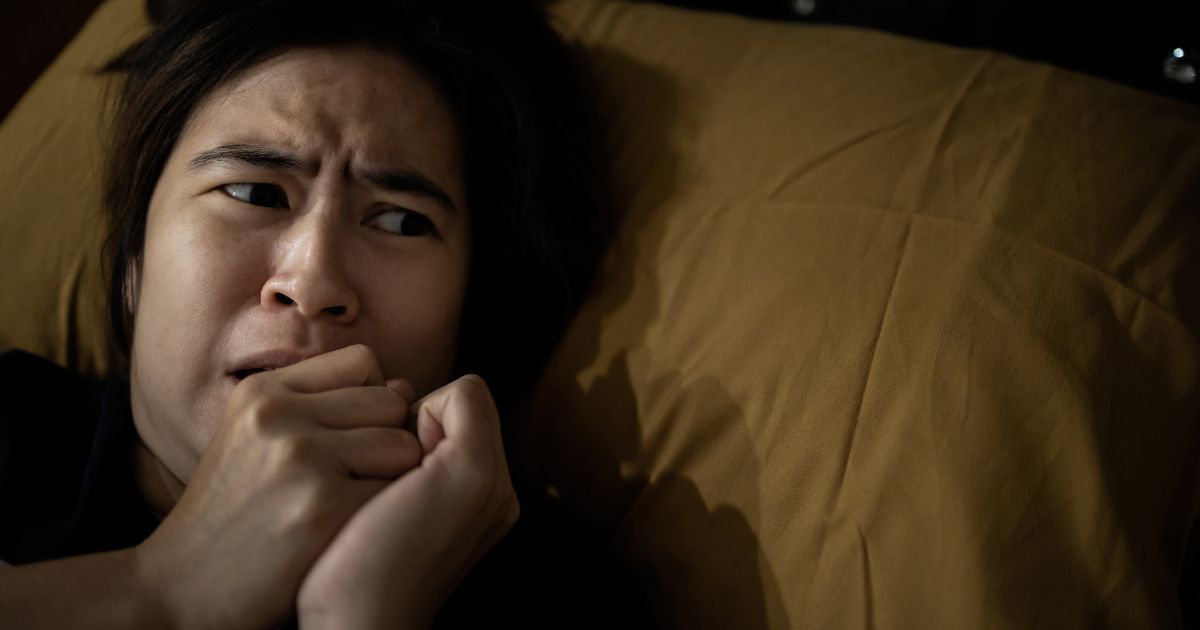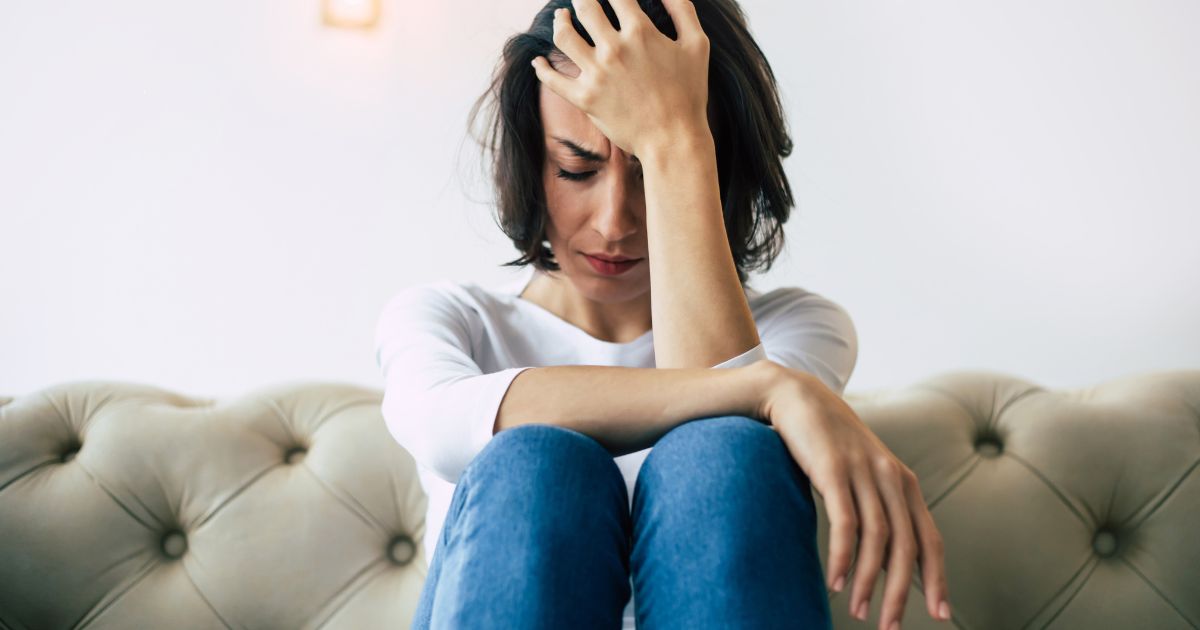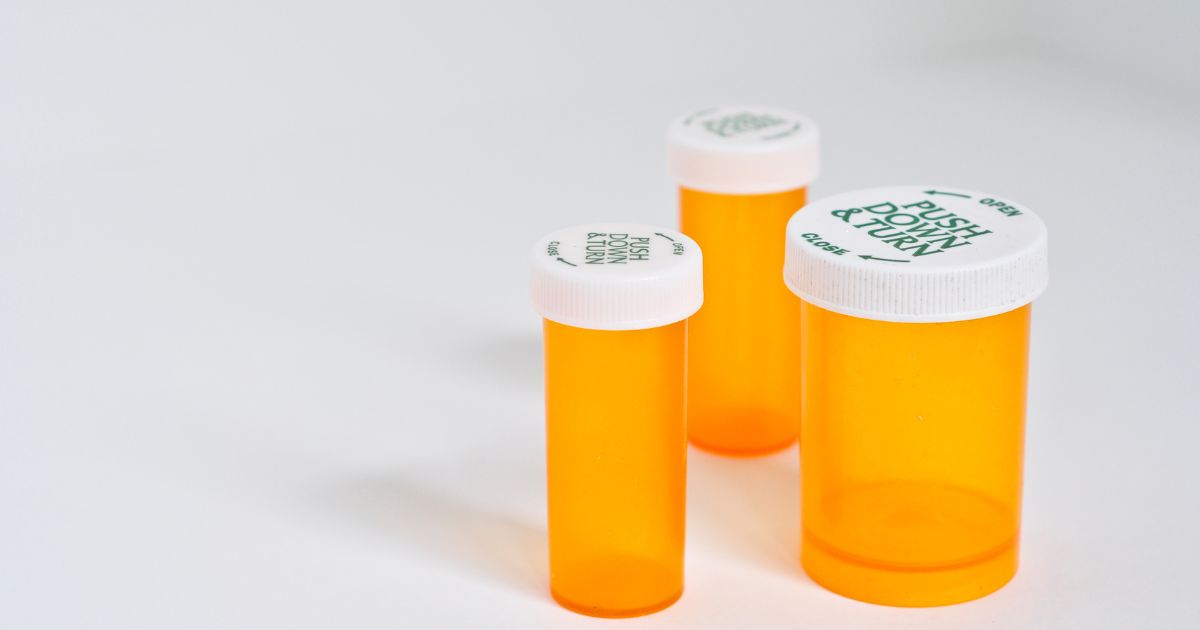Many people who have a tumultuous relationship with alcohol have searched for answers on how to stop binge drinking. Often, people get caught in this cycle of alcohol abuse due to the belief that because they don’t overdrink all of the time, they don’t have a “real” problem. Here, we will discuss this dangerous drinking pattern — what it is, how it affects the body, and how to stop binge drinking and curb excessive alcohol intake.
What Is Binge Drinking?
As defined by the National Institute on Alcohol Abuse and Alcoholism (NIAA), binge drinking is intentionally drinking enough alcohol to bring a person’s BAC to 0.08% or higher. BAC stands for blood alcohol concentration, or simply the level of alcohol in a person’s system.
The amount of alcohol needed to get to this point is different for men as compared to women. For men, binge drinking entails drinking five or more standard alcoholic drinks within two hours. For women, it’s four or more drinks within two hours.
What Constitutes a Standard Alcoholic Drink?
The National Institute on Alcohol Abuse and Alcoholism (NIAAA) defines the term “one standard drink” as:
- Twelve ounces of beer (ex: a bottle of beer)
- Five ounces of wine (think a wine glass filled to about 40%)
- One and a half ounces of hard liquor (as commonly found in a typical mixed drink)
Binge drinking facts and alcohol’s impact on American lives include:
- From 2011 to 2015 there were 95,000 alcohol-related deaths. Of that number, nearly half were due to binge drinking.
- According to the National Institutes of Health, nearly 26% of Americans binge drink in a given month.
- Binge drinking and other forms of heavy drinking cost the United States nearly $250 billion a year. This includes emergency room visits and other healthcare costs, law enforcement, and lost productivity.
In this article, we’ll talk about when binge drinking is a sign of a drinking problem and how to stop and seek help from treatment programs for alcohol addiction.
Is Binge Drinking Alcoholism?
Binge drinking is not the same as alcoholism but it is a form of alcohol abuse. It can also be a sign of alcoholism if part of a wider pattern of heavy drinking. For that reason, it can be a sign of alcoholism, but not necessarily. It depends on the underlying reason for the binge drinking.
All people binge drink because, quite simply, they want to get drunk. But the reasons for that are varied. Some are young people drinking with friends recreationally, who may be susceptible to peer pressure.
Others are people struggling with mood disorders who may be self-medicating. According to the NIAA, 20 to 60 percent of cases of drug or alcohol dependence involve mood disorders.
Those suffering from bipolar disorder or depression may binge drink to cope with their symptoms. Unlike young people in college, these individuals generally binge drink alone. Drinking alone is an indicator someone may have a drinking problem.
If you or someone you know is struggling with a drinking problem, professional treatment can help. Mental health treatment is often key in alcohol recovery. Therapies like anxiety treatment and depression treatment can help someone overcome alcoholism.
Get confidential help from our addiction treatment specialists in Orange County. Call to join our rehab program today!
Call 866-881-1184Signs and Symptoms of an Alcohol Use Disorder
Binge drinking alone could be a sign a person has an alcohol use disorder (AUD).
Signs of AUD and symptoms of alcohol abuse may include:
- Inability to control the amount of alcohol one consumes
- Neglecting work, social, or familial obligations to binge drink
- Cravings for alcohol
- High tolerance for alcohol
- Withdrawal symptoms, including sweating, shaking (delirium tremens), and nausea
Recognizing these signs and symptoms early on is crucial for recovering from alcohol use disorder.
The Risks of Binge Drinking
Repeated binge drinking can negatively impact your life by bringing legal problems, relationship issues, and health problems. It can also lead to an early death. According to the CDC, over 140,000 people die from alcohol-related causes each year.
Other risks of binge drinking include:
- Car crashes
- Unintended pregnancy
- Blackouts
- Injuries from falls, alcohol poisoning, or burns
- Fights; legal issues
Aside from AUD, repeated binge drinking can also raise your risk for chronic diseases such as:
- Liver disease
- Various forms of cancer
- Blackouts
- High blood pressure
- Heart disease
- Stroke
Alcohol abuse is especially devastating for brain health. Heavy drinking can lead to brain atrophy – the literal shrinking of the brain. Areas vulnerable to this include the cerebellum, hippocampus, and frontal lobes.
Here’s How To Stop Binge Drinking
If you find yourself struggling with binge drinking and unable to stop on your own, it may be time to consider addiction treatment programs. South Coast Behavioral Health offers an alcohol detox program with certified professionals and special medications to help you manage alcohol withdrawal. We also offer inpatient treatment, a partial hospitalization program, an intensive outpatient program, and aftercare options.
After detox from excessive drinking, proper treatment can begin. We offer a variety of therapy options, including cognitive behavioral therapy and trauma therapy. These therapies aim to address any underlying reasons for binge drinking. To ensure progress does not get derailed before the therapies have time to work, we also provide medication to manage cravings.
We offer several levels of care at our alcohol and drug rehab center:
- Residential treatment in Costa Mesa, Irvine, and Huntington Beach
- Partial hospitalization in Newport Beach
- Intensive Outpatient Treatment in Newport Beach
If you’re ready to curb your alcohol intake, prevent alcohol overdose, and complete addiction recovery, call us now. If you have any questions about treatment with us, whether they pertain to treatment center timelines or insurance verification, please call us at 866-881-1184. Our addiction and mental health treatment specialists are available 24/7 to take your call.









